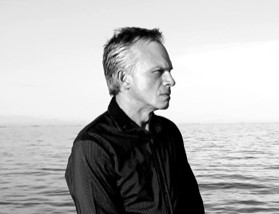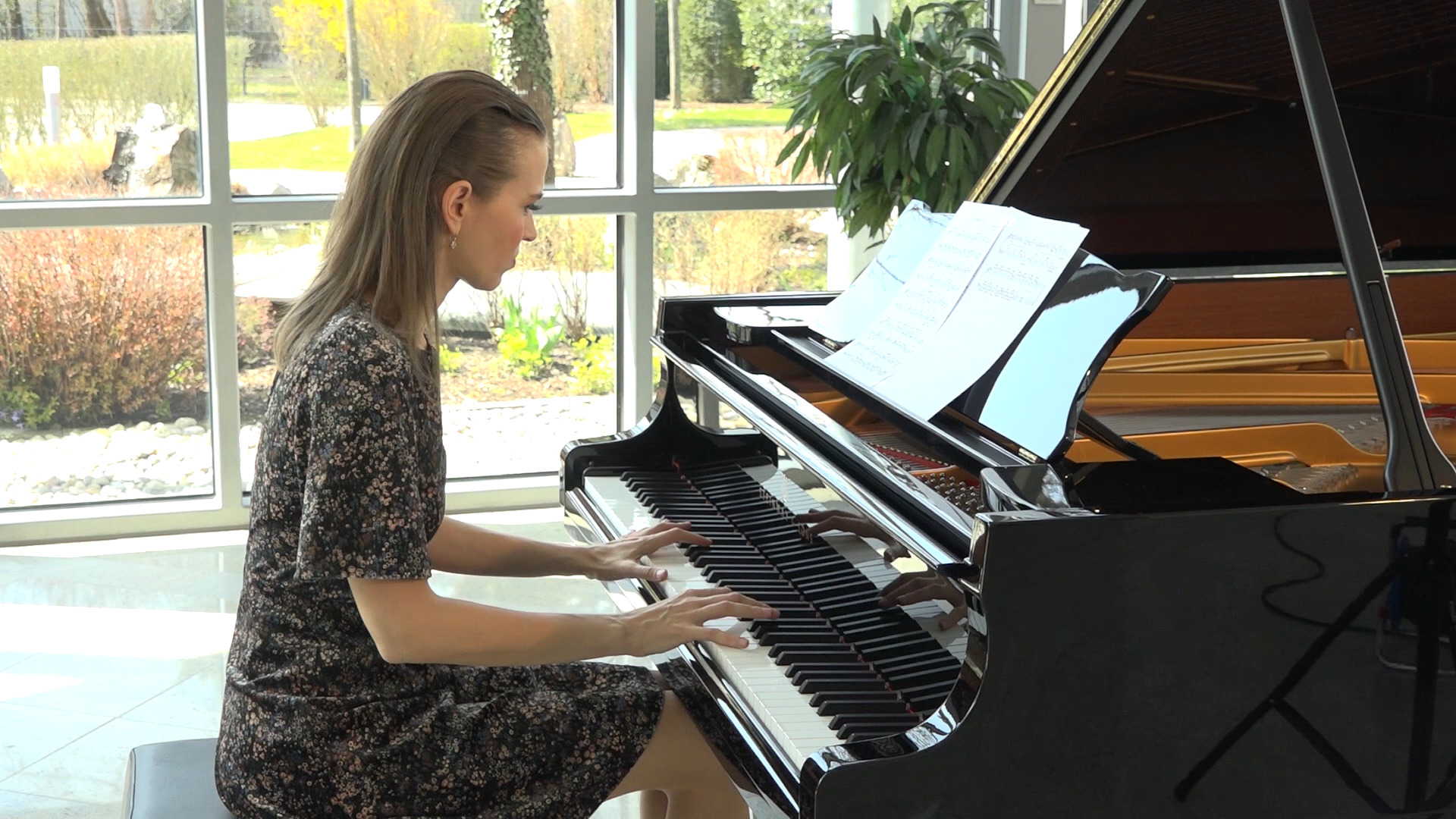Great to have you back!

1
Videos
About
Pianist and composer, he has completed classical studies by continuing them as self-taught. Music has the task of expressing his feelings and above all the search for aesthetic, creative and formal balance.
Sheets
Interview
What does music mean to you personally?
I started playing the piano when I was 5 years old, facilitated by my father who was an amateur musician. For me, music was just a game at the beginning, but then, with the passing of the years, I understood that it could become a means to realize my creativity.
I believe that the piano is still the best instrument for me to express my feelings and to try to make sense of my inferiority.
Do you agree that music is all about fantasy?
For me yes, it is, but I do not think it is the same for everyone. If you play professionally you must often use music for purposes that are not absolutely creative.
Let's say that, perhaps, music is pure fantasy if you do what I do: the composer, and you do it above all to satisfy yourself.
If you were not a professional musician, what would you have been?
But I do not feel like a professional musician! I've worked with music in the past, but I've never done it by profession, I would not have been able to do it.
Music for me is the freedom to play and compose when I feel I want it and especially when I feel I can give a positive sense to my creative impulses, but I do not want to turn this into a job. I prefer to remain in the freedom to do it only when I consider it appropriate for my spirit and my well-being.
The classical music audience is getting old, are you worried about the future?
I'm not worried about this, I am more worried about the fact that classical music is struggling to be accepted by the general public, regardless of age. In the country where I live, Italy, doing the music I do means to be relegated to a niche, but I am convinced that this type of music can reach a wider audience.
What do you envision the role of music to be in the 21st century? Do you see that there is a transformation of this role?
I notice that music is increasingly consumed by the public, but there is less and less attention in listening to it. When I was young, in the 70s and 80s, we guys knew the songs of our favorite artists by heart, we lived trying to understand how the songs of our favorite albums were composed and above all we were excited to listen to it, because the music is above all made of emotions. But now I have the impression that music is used mostly as a background in the daily routine of our life, and then millions of songs circulate on internet, there is a very rich offer but not always of quality, so the value of music has dropped. I see that the young public no longer gets emotional. Unfortunately, the prevailing consumerism does not help in this sense. I really hope that the new generations begin to consume less music, but to listen to it and appreciate it more, and this I believe can apply to any kind of music.
Do you think that the musician today needs to be more creative? What is the role of creativity in the musical process for you?
I think true musicians are very creative nowadays, but I do not think there are many real musicians out there! Instead there are many professionals who do their job well and I refer mainly to commercial music, but in this case we can not always talk about creativity and art.
As far as I'm concerned, creativity, like imagination, is in pole position in my personal scale of importance.
Do you think we as musicians can do something to attract the younger generation to music concerts? How would you do this?
Honestly I do not know as I have never been an expert in the field of promotion and public relations. Probably, nowadays to have people at the concerts you have to rely on those who work professionally in the promotional sector, then obviously it is up to the musician to propose an interesting and well played repertoire.
I believe that, however, it is not a simple thing; for the moment, I concentrate a lot on the compositional aspect and I reserve the right to deal with the live performances.
Tell us about your creative process. What is your favorite piece (written by you) and how did you start working on it?
Regarding my last album "Oltre" I think the piece that most represents me is "Abades".
I composed all the songs of the album after I had returned to Italy from a long holiday in Tenerife. I was full of positive energy and I was inspired by the ocean, the sun and the colors of that wonderful land. The title "Abades", to be exact, derives from the name of a small town that faces the South Coast of this island.
Can you give some advice for young people who want to discover classical music for themselves? Do you think about the audience when composing?
I would say to young people to listen to classical music carefully, starting from the ancient one till the contemporary music. In the past there were some great artists who wrote memorable pages. Then modern classical music is just as magnificent, but that of the past remains unsurpassed. So I would advise young people to listen a lot, without having preconceptions. As for me, I never thought of the audience when I compose, but I always hope that what I like when I create it can also please those who listen to my music.
What projects are coming up? Do you experiment in your projects?
I feel the need to compose a lot of music again. As soon as I have time, I get back to work because I want to start my third album early. "Oltre" represents for me the work of my artistic maturity, but it is not a point of arrival, I would rather say it is a starting point for further creative experiences. After composing and publishing the third album, then, I would like to choose the most significant pieces of my entire repertoire of the last years and start preparing me to propose to the audience with live performances. Of course I always experiment when I compose, especially with the sounds, because I like being inspired by the sound and assonance of certain harmonic contexts. Soon, in addition, I would like to add electronic sounds to the acoustic piano, obviously it is something already experienced, but for me it would be a novelty. The challenge, as always, is to find the right balance in this experimentation.
Copyrights © 2019 Moving Classics TV All Rights Reserved.
